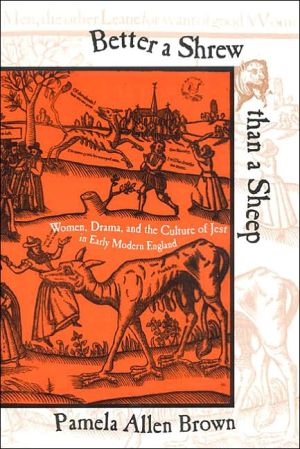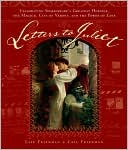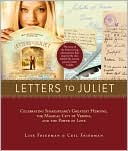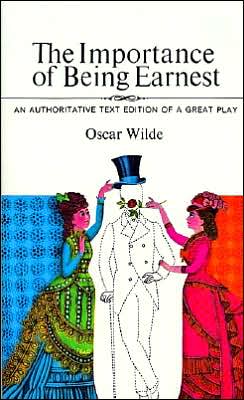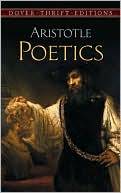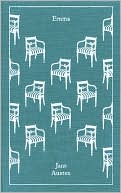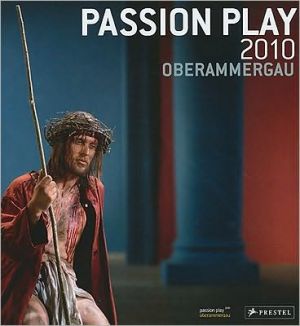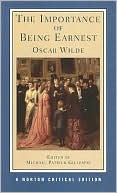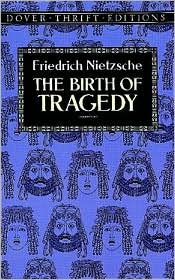Better a Shrew Than a Sheep: Women, Drama, and the Culture of Jest in Early Modern England
In a study that explodes the assumption that early modern comic culture was created by men for men, Pamela Allen Brown shows that jest books, plays, and ballads represented women as laugh-getters and sought out the laughter of ordinary women. Disputing the claim that non-elite women had little access to popular culture because of their low literacy and social marginality, Brown demonstrates that women often bested all comers in the arenas of jesting, gaining a few heady moments of agency....
Search in google:
In a book that explodes the assumption that early modern comic culture was created by men for men, Pamela Allen Brown shows that jest books, plays, and ballads represented women as laugh-getters and sought out the laughter of ordinary women. Disputing the claim that non-elite women had little access to popular culture because of their low literacy and social marginality, Brown demonstrates that women often bested all comers in the arenas of jesting, gaining a few heady moments of agency. Brown argues that listening for women's laughter can shed light on both the dramas of the street and those of the stage: plays from The Massacre of the Innocents to The Merry Wives of Windsor to The Woman's Prize taught audiences the importance of gossips' alliances as protection against slanderers, lechers, tyrants, and wife-beaters. Other jests, ballads, jigs, and plays show women reveling in tales of female roguery or scoffing at the perverse patience of Griselda. As Brown points out, some women found Griselda types annoying and even foolish: better be a shrew than a sheep.Director, Folger Shakespeare Library - Gail Paster"In Pamela Allen Brown's witty account of women in the jest literature of early modern England, women laugh rudely, scold, resist misogyny, enjoy their bodies, bargain and barter, express pleasure, secure their happiness in marriage, and outwit their opponents. By doing so, they challenge the narratives of victimization and oppression that have for too long dominated our understanding of early modern English culture. Brown shows how hundreds of texts-major and minor, famous and obscure-specify the terms of female agency even (or even especially) at the bottom of the social scale."
List of IllustrationsAcknowledgmentsIntroduction: Sauce for the Gander11Near Neighbors, Women's Wars, and Merry Wives332Ale and Female: Gossips as Players, Alehouse as Theater563Between Women, or All Is Fair at Horn Fair834"O such a rogue would be hang'd!" Shrews versus Wife Beaters1185Scandalous Pleasures: A Coney-Catcher and Her Public1506Griselda the Fool178Epilogue: The Problem of Fun218Bibliography223Index255
\ From the Publisher"In Pamela Allen Brown's witty account of women in the jest literature of early modern England, women laugh rudely, scold, resist misogyny, enjoy their bodies, bargain and barter, express pleasure, secure their happiness in marriage, and outwit their opponents. By doing so, they challenge the narratives of victimization and oppression that have for too long dominated our understanding of early modern English culture. Brown shows how hundreds of texts-major and minor, famous and obscure-specify the terms of female agency even (or even especially) at the bottom of the social scale."-Gail Paster, Director, Folger Shakespeare Library\ "As entertaining a take on the 'women's war' in the Renaissance as you could wish for. Lawsuits, ballads, and plays are beautifully excerpted and contextualized to show the highlights of the conflicts between women and men. I could not imagine a more trustworthy and fun-loving assembly of colorful examples from the time."-Andrew Gurr, University of Reading\ "Witty and unruly women are all subjects of discussion in Pamela Allen Brown's engrossing and meticulously researched study of the ways in which women might resist, through jokes and ridicule, the models of virtuous and submissive behavior aimed at them from the pulpit, the theatre and the print-shop. . . . Tracing the connection between a female comic tradition and popular culture at large, she draws also on the lives of women such as Alice Mustian, contrasting dramas of everyday life with those presented on the stage."-Lucy Munro, Times Literary Supplement, 9 May 2003\ "Brown's book represents historicist analysis of the best possible kind. Chapters on Merry Wives, on the ale-house, cuckold jokes, female gossip as a way of countering domestic violence, cony-catching pamphlets, and the cultural reverberations around the idea of Patient Griselda fruitfully cross and recross the boundaries of literary and popular culture in early modern England."-Dympna Callaghan, Studies in English Literature, Spring 2004\ "Better a Shrew does a brilliant job of locating female jesting within a network of the social practices that made up the early modern neighborhood. . . . It is one of those rare scholarly books that combines thorough research in a new field with conclusions that make us reconsider long-held convictions. It will be a potent force in future discussions of both early modern jesting literature and the daily lives of women in the period."-Mary Bly, Renaissance Quarterly, Summer 2004\ "While it may be the case that women's place in jesting culture has been overlooked up to this point, this book will assuredly persuade many other scholars to follow the evidentiary trail that Brown has blazed here."-Regina Buccola, Early Theatre, 2004\ "Brown's writing is clear and witty, her mission provocative, and her topic rich with unexpected nuance and variations. . . . The book is brilliantly structured so that topics discussed early on-such as gossip, neighborhoods, marriage, and horning-return with added significance in later chapters."-Donnalee Dox, Texas A and M University, Prolepsis: The Heidelberg Review of English Studies, October 2003\ "Better a Shrew than a Sheep is an engaging read and sheds much-needed light on the seemingly divergent issues of women's literacy and the culture of jest in early modern England."-Jennifer Money, Women's Studies, 2003\ \ \ \ \ \ Andrew Gurr"As entertaining a take on the 'women's war' in the Renaissance as you could wish for. Lawsuits, ballads, and plays are beautifully excerpted and contextualized to show the highlights of the conflicts between women and men. I could not imagine a more trustworthy and fun-loving assembly of colorful examples from the time."\ —University of Reading\ \ \ Gail Paster"In Pamela Allen Brown's witty account of women in the jest literature of early modern England, women laugh rudely, scold, resist misogyny, enjoy their bodies, bargain and barter, express pleasure, secure their happiness in marriage, and outwit their opponents. By doing so, they challenge the narratives of victimization and oppression that have for too long dominated our understanding of early modern English culture. Brown shows how hundreds of texts-major and minor, famous and obscure-specify the terms of female agency even (or even especially) at the bottom of the social scale."\ —Director, Folger Shakespeare Library\ \
